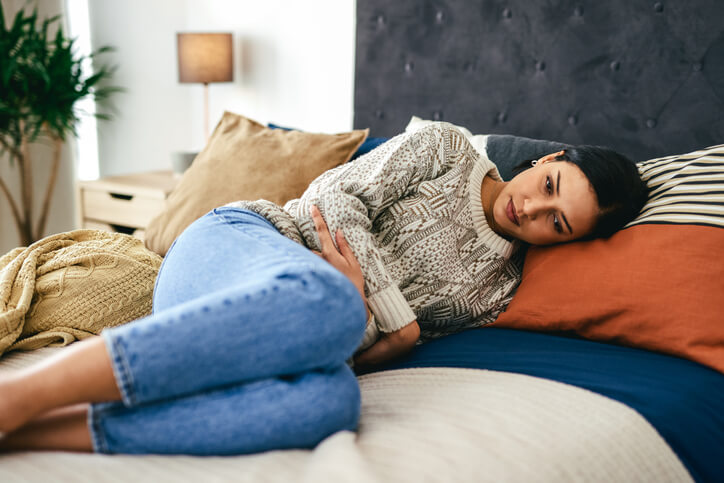
Few things in life can compete with the pleasure that food brings. Unfortunately, though, when food causes illness, it can be far from pleasurable. Cases of food poisoning aren’t rare. According to the CDC in the U.S. approximately 48 million people become sick, 128,000 are hospitalized, and 3,000 die from foodborne illnesses annually.
There are a variety of viruses and bacteria that can cause food poisoning. These include:
- E. Coli
- Hepatitis
- Botulism
- Shigella
- Listeria
- Norovirus
When someone suffers from food poisoning due to food consumed at a restaurant, he or she may be able to sue for damages under one of three theories:
- Negligence
Restaurants have certain duties. They have a duty of reasonable care, which means that they must do what is necessary to maintain a safe environment that is free of any unreasonable risks. If a restaurant fails to uphold its duty, it could be liable for any damages its negligence causes. For instance, if a restaurant stored its food in an unsanitary location and a customer got sick as a result, the restaurant could be held liable for negligence.
However, the difficulty in proving negligence against a restaurant is that most of us don’t just eat at one location. Therefore, it can be difficult to prove that it was, in fact, that specific restaurant or business that was the cause of the illness. The best thing that someone can do is to consult with a doctor right away in order to determine the type of illness from which they are suffering and to figure out where it may have come from.
Even after proving where the food came from, the plaintiff must still be able to prove that they were injured or harmed in some manner. While showing that you are sick could be enough, if you aren’t that sick it may be important to determine if it’s worth it for you to even pursue the case to begin with.
- Strict Products Liability
Strict products liability, which most states have laws surrounding, holds restaurants or businesses accountable if the plaintiff can show that the food in question was contaminated, defective, or unreasonably dangerous. He or she must also be able to show that the food caused his or her illness. A strict products liability claim has nothing to do with proving whether the restaurant took reasonable care. For instance, if a restaurant continued to serve lettuce that was recalled by the FDA and someone who ate a salad containing it became ill, they may have a case for strict products liability.
- Breach of Warranty
Most states also have implied warranties, which mean that there is an expectation that a product will conform to the buyer’s expectations. In such a case, the plaintiff would have had an expectation that the food they purchase is not contaminated or previously recalled. If a business fails to meet this expectation, there may be a breach of this warranty.
Damages
Someone may be able to recover damages for foodborne illness under personal injury. Such damages include:
- Lost Income;
- Medical Bills;
- Out-of-Pocket Expenses;
- Emotional Distress; and
- Pain and Suffering.
Surovell Isaacs & Levy PLC Can Help Those in VA Who Have Suffered Food Poisoning
If you or a loved one has suffered food poisoning, it can be extremely troublesome and sometimes even life-threatening. You shouldn’t have to pay for the negligence or recklessness of someone else. A knowledgeable personal injury attorney who has experience with foodborne illness cases can help.
At Surovell Isaacs & Levy PLC, we work hard to ensure that our clients receive the best outcome and compensation that they deserve. To learn more or to schedule a consultation, contact us today!
Posted in: Personal Injury
